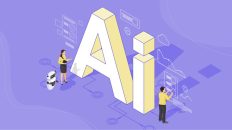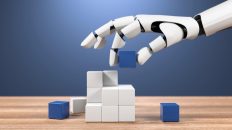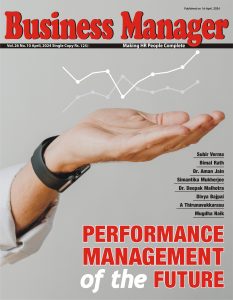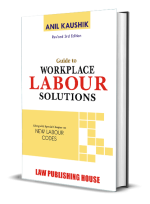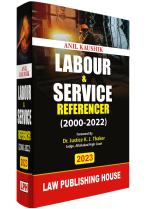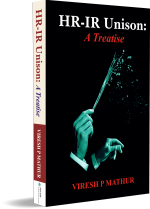Amongst the many possibilities and the numerous opportunities that AI offers, workplaces, organisation leaders and HR managers need to be cautious of AI. How you utilise the opportunities, how you go about putting things in place - it all depends on them.
Today, Artificial Intelligence (AI) is reshaping the way organisations manage their workforce and make HR plans, which further helps increases productivity and employee engagement.
The role of advanced technology is not new to HR and its realm. The HR function has, over the years, experienced a lot of significant changes due to the evolution of technology.
Artificial Intelligence (AI) is one such critical transformation. Nearly 53% of companies are revamping their HR programmes to deploy digital tools, while 22% have already leveraged AI to deliver HR solutions, says a Deloitte Report.
Understanding AI
What we need to understand is that what makes for the foundation of AI. The answer is simple yet complex – it is the better – informed people decisions. These include decisions such as, ‘Who do I hire? Who do I promote? Who’s in compliance? What’s the chance of fraud?’, etc. These are all people decisions, and they’re often based on judgments and have some degree of bias. Over time, AI in HR will be able to use unbiased data to help hire, promote and pay people on a more fair and unbiased basis. AI has significant implications for human resource management practices. The insights put forward by AI generate data to help HR practitioners retain and motivate existing employees and to also recruit new ones. Technology – powered facts and suggestions utilise past records to recommend the best solutions to resolve current and expected problems, thus helping HR leaders develop human resource management programmes based on smart data.
Where we are headed?
Artificial intelligence in HR is transforming HR operations in more profound ways than one can think off – be it machine learning orthe growth of predictive models. In the area of recruitment, there is a wide range of new AI tools which are being used, like AI-based chat systems that can communicate with candidates and quickly screen people. In learning and development, there are vendor software that can intelligently recommend videos or learning programs based on your job role, experience and peers. In leadership, there are vendors that can intelligently assess characteristics of high – performing leaders by sending messages to employees to assess a leader’s capabilities. In talent sourcing, there are a lot of new tools available to help HR executives find candidates on the internet. These softwares can search and intelligently match prospective candidates against the characteristics of a company and communicate with them to see if they’re interested in the position.
These are all people decisions, and they’re often based on judgments and have some degree of bias. Over time, AI in HR will be able to use unbiased data to help hire, promote and pay people on a more fair and unbiased basis. AI has significant implications for human resource management practices.
Why use AI in HR?
AI captures useful employee data pertaining to a broad array of employee related matters. The AI algorithms offer suggestions when it comes to sourcing, screening, hiring, training and engaging the workforce, thus making the employee experience more rewarding. AI processes go beyond spreadsheet analysis by carrying out employee assessments via regular, unprejudiced performance appraisals. Similarly, you can utilise these technologies to analyse the career path of employees and offer them better opportunities for growth and advancement.
Where is the hurdle?
AI is no doubt penetrating quickly into the HR industry; however, several obstacles are also being witnessed, which includes:
- lack of expertise to adopt AI
- lack of support for change management
- lack of infrastructure to manage data, analysis and automation
Nevertheless, industry leaders opine that robots cannot substitute the human in HR function as they will not be able to address sensitive problems in the workplace which require emotion touch and an emotional sense of judgement.
AI has significant implications for human resource management practices. The insights put forward by AI generate data to help HR practitioners retain and motivate existing employees and to also recruit new ones.
What the future holds?
As robotics and automation become key drivers of the new economy, a paper by the Human Resources Professionals Association (HRPA) reveals that the use of AI is expected to grow more in the coming years.
A report by Gartner says that AI, applied to nonroutine work is more likely to assist humans than replace them as combinations of humans and machines will perform more effectively than either human experts or AI-driven machines working alone will. Amongst the many possibilities and the numerous opportunities that AI offers, workplaces, organisation leaders and HR managers need to be cautious of AI. How you utilise the opportunities, how you go about putting things in place – it all depends on them.
In an ‘AI Open Letter’, many of the world’s greatest thinkers, including Stephen Hawking, Mustafa Suleyman, Steve Wozniak, and Elon Musk, pledged to ring the alarm before the power of AI is taken out of our grasp.
As one of the world’s finest science fiction writers, the late Iain Banks once said, “We provide the machines with an end, and they provide us with the means.” But defining these means is also up to you.



